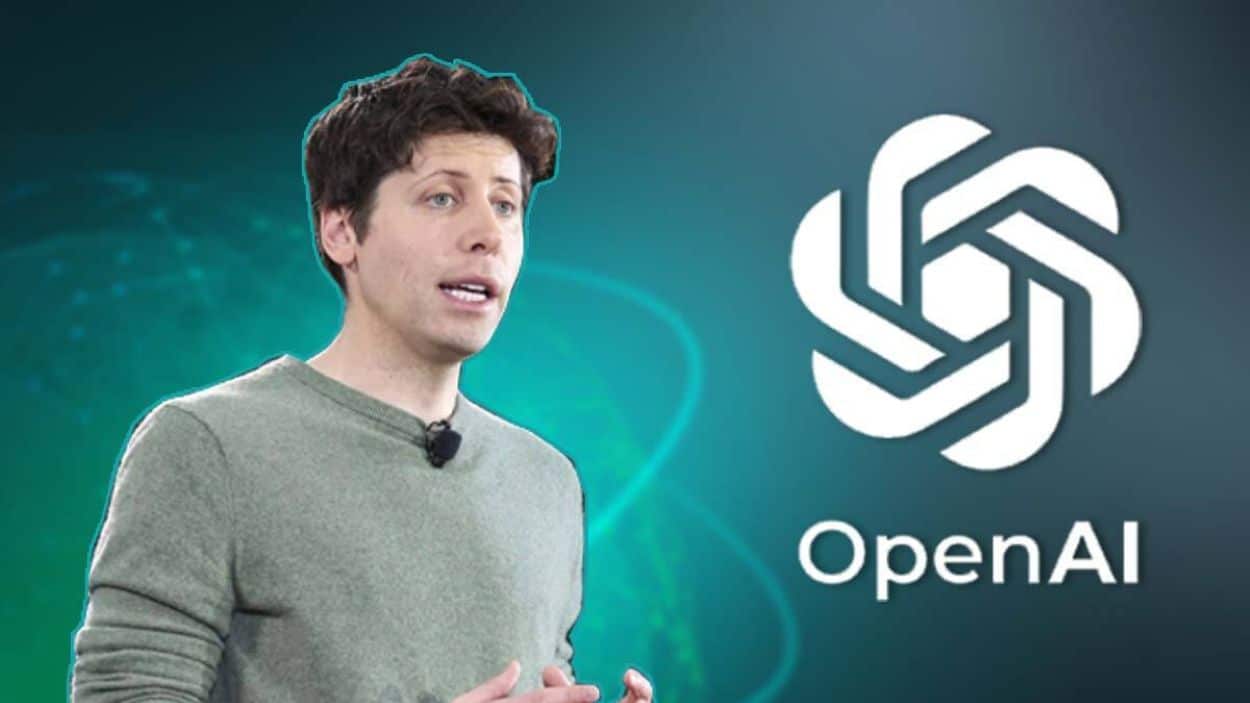On Friday, OpenAI revealed its intention to convert its for-profit division into a Delaware Public Benefit Corporation (PBC) to attract investment and remain competitive in the costly AI competition with firms such as Google.
The PBC structure is designed to attract investors while staying true to OpenAI’s mission of supporting a related charity. Rivals like Anthropic have already adopted the PBC model to balance societal interests with shareholder value.
What is a Public Benefit Corporation (PBC)?
In contrast to traditional corporations, PBCs must legally seek public benefits, including social and environmental objectives, in addition to profit. Delaware has permitted the creation of PBCs since 2013, and research from the University of Texas indicates that as of December 2023, there are 19 publicly traded PBCs.
OpenAI’s New Organizational Framework
In a blog post, OpenAI described its current structure as:
“A for-profit, controlled by a non-profit, with a capped profit share for investors and employees.”
Under the new setup:
- The non-profit will own shares in the for-profit, similar to external investors.
- The for-profit will fund the charitable mission of the non-profit.
- The PBC will manage OpenAI’s operations and business.
- The non-profit will oversee charitable initiatives in healthcare, education, and science.
PBC vs. Other Corporate Structures
- Non-Profits: Have no shareholders and reinvest profits into their mission. They often receive tax exemptions.
- PBCs: Do not receive tax incentives and must balance profit with their public mission.
Limitations of PBCs
Corporate law professor Ann Lipton highlighted that PBCs are legally obligated to balance profit and mission. However, enforcement of public benefits largely depends on shareholder oversight.
“The only reason to choose a benefit form is to declare a public mission, but there’s little enforcement behind it,” Lipton said.
Additionally, publicly traded PBCs may face higher takeover risks if. Bidders argue that their public mission conflicts with profit maximization.
- Anthropic and xAI: AI companies competing with OpenAI.
- Allbirds: Sustainable footwear and apparel brand.
- Kickstarter: Global crowdfunding platform for creative projects.
- Patagonia: Outdoor retailer contributing over $230 million to environmental causes.
- Warby Parker: Eyewear brand with a “Buy a Pair, Give a Pair” policy for those in need.






